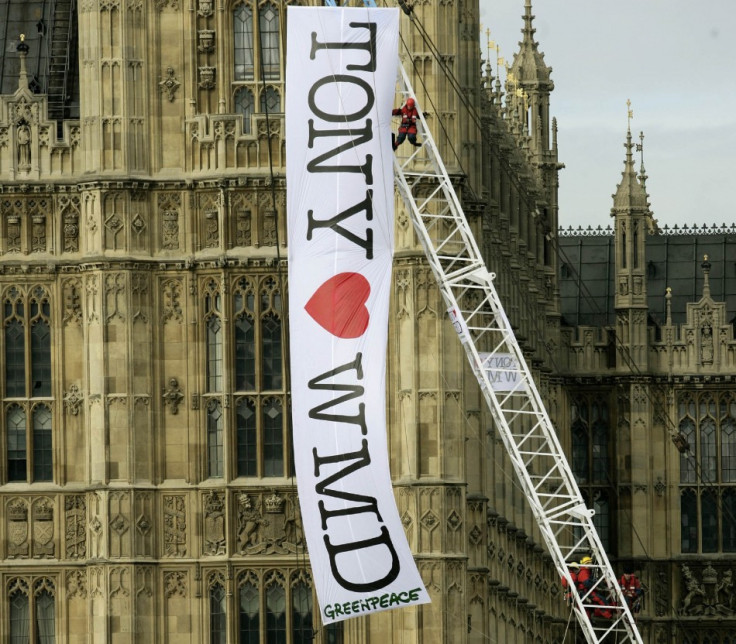Iraq: Did Two Liars Start the War of the 21st Century?

The decision to go to war with Iraq was made using "sporadic and patchy" intelligence about Weapons of Mass Destruction (WMD), based on the lies of two Iraqi spies.
According to new evidence in a Panorama TV programme, The Spies Who Fooled the World, Tony Blair, then Prime Minister, used this dubious information on WMD to justify the war.
One of the spies, whose codename was Curveball, told US intelligence that he had seen mobile biological laboratories mounted on trucks to avoid detection.
His real name was Rafid Ahmed Alwan al-Janabi, an Iraqi asylum seeker who was living in a German refugee centre in 1999. He claimed to be a chemical engineer, which attracted the attention of BND, the German intelligence service.
However, the Germans had doubts about Curveball, and expressed their concerns to the Americans and British.
MI6 had their own doubts about the Iraqi, which they noted in a secret cable to the CIA: "Elements of [his] behaviour strike us as typical of individuals we would normally assess as fabricators [but we are] inclined to believe that a significant part of [Curveball's] reporting is true."
Despite these reservations, the British decided to stick with Curveball, as did the Americans. The Iraqi later confessed to being a fabricator and liar.
MI6 believed they had further corroboration of Curveball's story, when a trusted source - codenamed Red River - revealed he had been in touch with a secondary source who said he had seen fermenters on trucks. Crucially, he did not claim the fermenters had anything to do with biological agents.
It was only after the war that MI6 decided Red River was unreliable as a source.
The second spy whose evidence underpinned the WMD case was Maj Muhammad Harith, a former Iraqi intelligence officer. He claimed it was his idea to develop biological laboratories and said he had ordered seven Renault trucks to put them on.
Muhammad Harith apparently made up his story because he wanted a new home. His intelligence was dismissed as fabrication 10 months before the war.
'Fool's gold'
Panorama claims that the two highest-ranking sources interviewed by British and American intelligence actually denied the existence of WMD.
The highest-ranking source, Iraq's foreign minister Naji Sabri, was given $200,000 (£132,000) in cash and a handmade suit by the CIA for evidence in the run-up to the invasion.
Bill Murray, then head of CIA operations in Paris, said information from Sabri concluded that Saddam Hussein "had some chemical weapons left over from the early 90s, [and] had taken the stocks and given them to various tribes that were loyal to him. [He] had intentions to have weapons of mass destruction - chemical, biological and nuclear - but at that point in time he virtually had nothing".
The second most highly prized source was Tahir Jalil Habbush Al-Tikriti, Iraq's head of intelligence.
A senior MI6 officer met Habbush in Jordan in January 2003, just two months before the war. It's thought that the Iraqi head of intelligence was keen to negotiate a deal that would stop the war. He was adamant that Saddam Hussein had no active WMD.
Lord Butler, who after the war conducted the first government inquiry into WMD intelligence, said Mr Blair and the intelligence community "misled themselves".
General Sir Mike Jackson, then head of the British Army, concluded by saying, "what appeared to be gold in terms of intelligence turned out to be fool's gold, because it looked like gold, but it wasn't".
Panorama: The Spies Who Fooled the World, is on BBC One, Monday 18 March at 22:35 GMT and then available in the UK on the BBC iPlayer.
© Copyright IBTimes 2025. All rights reserved.






















